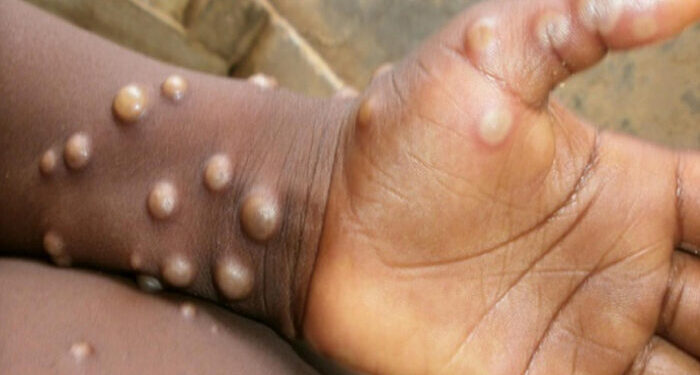20 New Infections Confirmed; GHS Expands Awareness Campaign to Schools and General Public
The Ghana Health Service (GHS) has intensified nationwide public education efforts in response to a surge in Mpox cases, with total confirmed infections reaching 302 as of July 30, 2025.
This follows the country’s first Mpox-related death reported on July 22, along with 23 new cases announced on the same day.
GHS Launches Expanded Awareness Drive
In an interview with Citi News, Director of Public Health at GHS, Dr. Franklin Asiedu-Bekoe, said the Service was scaling up public sensitisation, particularly in educational institutions.
“The Ghana Health Service, in collaboration with the Ghana Education Service, has developed guidelines for dissemination,” he said. “Initially, we focused on private and secondary schools, but we are now expanding the campaign to cover all educational levels and the general public.”
Dr. Asiedu-Bekoe encouraged the public to report suspected symptoms promptly and adhere to recommended hygiene and safety protocols.
Lawmakers Call Government Response ‘Abysmal’
Despite the GHS’s ramped-up efforts, some public health experts and members of Parliament have raised concerns about the overall government response.
Dr. Kingsley Agyemang, a member of Parliament’s Health Committee, strongly criticized the approach, calling it insufficient given the rising infection numbers.
Read Also: MTN Ghana surges with 55.8% profit growth; share price hits record high
“The government’s handling of the Mpox situation is very abysmal,” Dr. Agyemang stated. “Let’s not joke with our health, especially when viral conditions are involved. A quick survey will show that many Ghanaians don’t know what to do if they suspect Mpox, and yet cases are escalating.”
He stressed the urgent need for intensified nationwide education, particularly in underserved and rural communities where health messaging is limited.
National Outlook
The sharp rise in Mpox cases comes amid broader concerns over public health infrastructure and disease surveillance systems. The Ghana Health Service continues to encourage vigilance, early reporting, and public cooperation as it works to contain the outbreak.

























